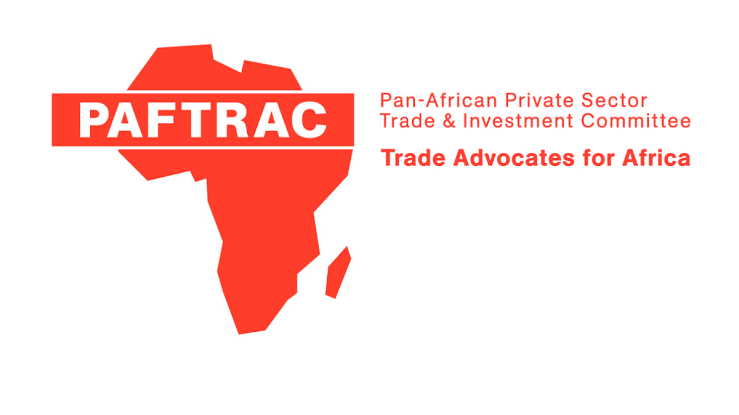China has pledged strong technical and diplomatic backing for Nigeria’s push to modernise and automate its seaport operations, marking a deeper phase of cooperation between both countries in the maritime sector. The pledge was made during a bilateral meeting in London between the Vice Minister of Transport of China and Nigeria’s Minister of Marine and Blue Economy, held on the sidelines of global maritime engagements.
The Chinese government described Nigeria’s recent reforms in the maritime sector as an important turning point, particularly the establishment of a dedicated ministry for the Marine and Blue Economy. It noted that this decision aligns Nigeria with global trends where countries are restructuring maritime governance to attract investment, improve ocean-resource management, and strengthen trade competitiveness.
China highlighted the transformation of its own ports, explaining that fully automated terminals have significantly improved trade efficiency by reducing vessel turnaround time, tightening surveillance, lowering operational risk, and minimising human error through digital coordination. It said Nigeria could adapt similar models to meet its own operational needs and economic priorities. With Nigeria handling a significant share of West Africa’s import and export traffic, the adoption of automated systems could enhance port reliability and support the thousands of micro and small businesses whose operations depend on predictable cargo flow, reduced clearance delays, and lower logistics costs.
The Chinese delegation expressed readiness to support Nigeria in deploying smart port infrastructure, automated cargo-handling systems, digital gate controls, electronic customs processes, and advanced maritime communication tools. According to the delegation, these technologies would not only improve efficiency but also position Nigeria as a regional hub for maritime innovation and ocean-based economic activities.
China also reaffirmed its diplomatic support for Nigeria in the upcoming International Maritime Organisation Council election scheduled for late November. It emphasised that both countries have maintained a strong and cooperative relationship for decades, especially through joint projects in rail, road, and port infrastructure. The presence of Chinese companies across Nigeria’s construction and transport sectors was cited as evidence of this longstanding partnership.
Beyond technology and diplomacy, China announced a willingness to strengthen manpower development by expanding maritime education opportunities for young Nigerians. This includes scholarships under China’s specialised maritime training scheme and access to the Global Innovation in Transport Programme, a four-week intensive programme designed to equip participants with up-to-date industry knowledge. The initiative is expected to boost the capacity of Nigeria’s maritime workforce, which is essential for sustaining the growth of port operations and supporting the broader blue economy where many MSMEs operate through logistics services, fisheries, coastal transport and marine tourism.
Both countries signalled commitment to continued collaboration, noting that modernising Nigeria’s port system could deliver long-term economic gains and help drive a more efficient trade environment for businesses across the continent.










